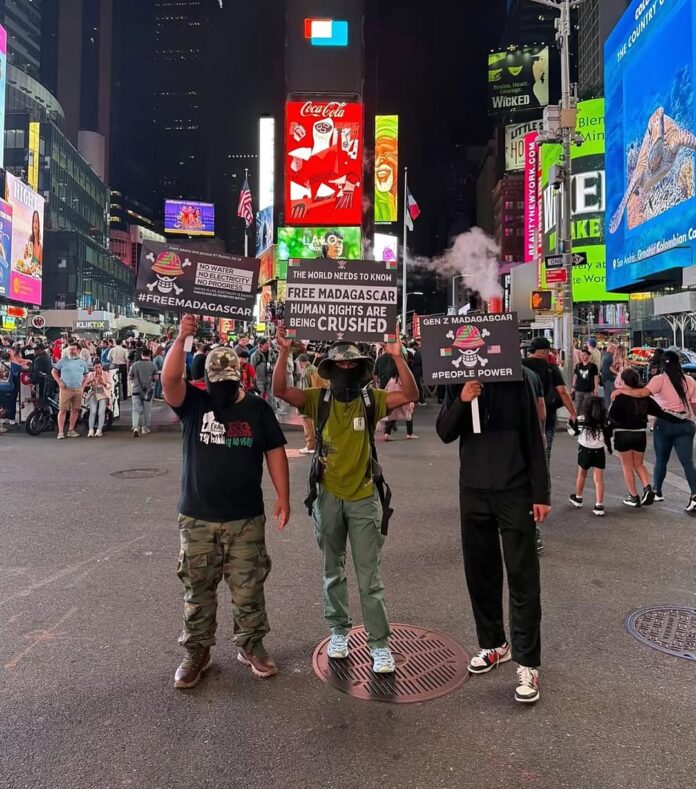Antananarivo: Youth-led demonstrations in Madagascar have entered their second week, with protesters demanding sweeping reforms, improved living conditions, and the resignation of President Andry Rajoelina.
The rallies, dominated by Generation Z activists, artists, and entrepreneurs, have drawn inspiration from global youth movements in Nepal and Bangladesh.
In the capital, Antananarivo, a music studio has been transformed into a coordination hub, serving as both a gathering point and a supply center for demonstrators.
Protesters are calling for an end to chronic power outages and water shortages, improvements in the health sector, and greater respect for freedom of expression.
Many argue that genuine reforms are impossible under the current administration.
We can be proud of this generation, said student activist Annah Rahajason, who credited social media with enabling young people to connect with global struggles and mobilize effectively.
The initially peaceful demonstrations have increasingly faced violent crackdowns from security forces, prompting a shift in demands from reform to outright calls for the president’s departure.
On September 29, Rajoelina dissolved his government in a bid to ease tensions, but the move failed to quell public anger.
In a video posted Friday on his Facebook page, the president accused political rivals of manipulating young protesters and plotting to destabilize the country’s energy infrastructure.
He reiterated his refusal to resign, framing the protests as part of a broader conspiracy to overthrow his administration.
The standoff has heightened concerns of prolonged instability in Madagascar, with international observers urging dialogue and restraint.
Despite the risks, protesters remain defiant, insisting that their generation will not back down until meaningful change is achieved.



